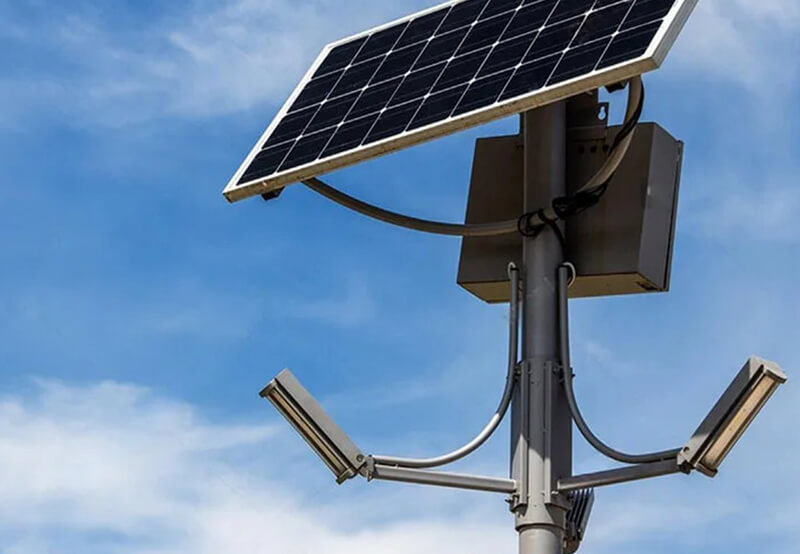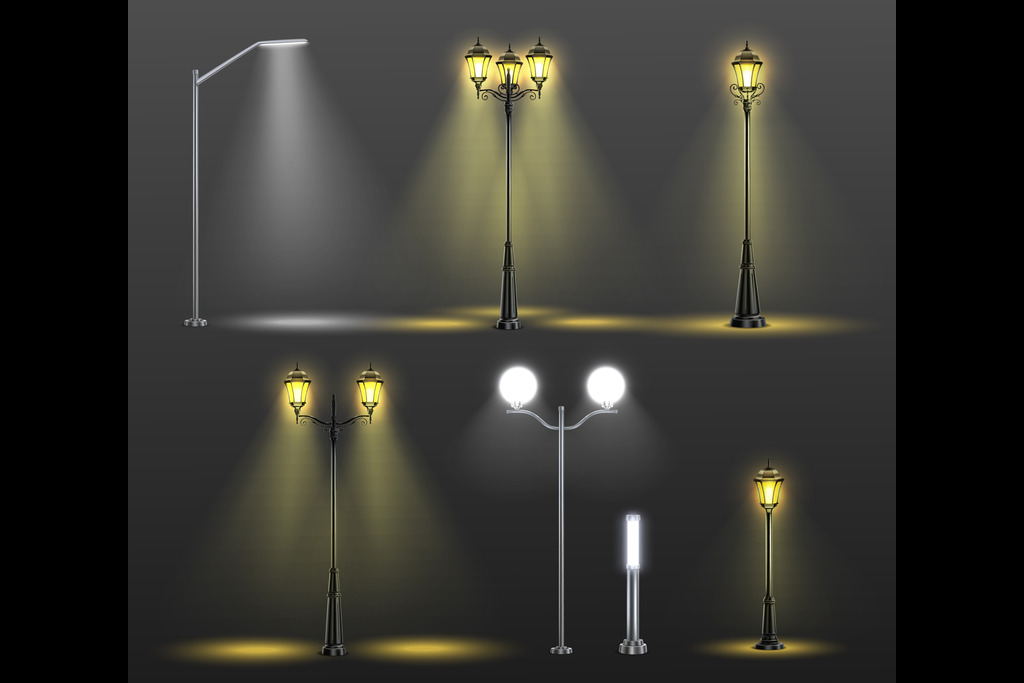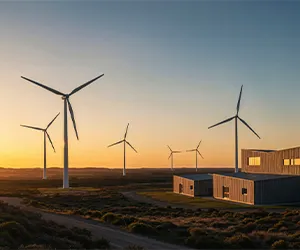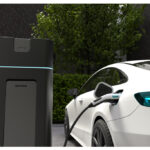Understanding the Lifespan of Solar Lights
Solar lights have turned out to be a revolution in outdoor and indoor lighting—a clean, efficient, and inexpensive substitute for conventional electric lights. Lighting a garden path, installing security lighting, or just adorning your balcony—solar lights are the intelligent and environmentally friendly choice. But one question comes to mind for every user: how long do solar lights last?

The response varies depending on solar panel lifespan, battery quality, and the efficiency of material such as the MPPT solar charge controller. On the average, high-quality solar lights will last between 2 and 5 years. The solar panel lifespan itself is usually about 10 to 25 years, but the battery, which tends to be the first thing to break down, would need replacement earlier.
If you’ve noticed your solar lights stopped working, you’re not alone. This is a common issue that can often be solved with simple maintenance or troubleshooting. Dirt on the panel, worn-out batteries, or a faulty MPPT solar charge controller could be the culprit.
In this manual, we’ll dissect what influences the lifespan of your solar lights, how to properly keep them maintained, and how to correct your solar lights if they’ve ceased working. If you’re getting new units installed or attempting to revive old ones, you’ll find useful advice here to help keep your lights burning longer.
What Determines the Lifespan of Solar Lights?
Solar lights typically consist of four key components:
- Solar Panels – These collect sunlight and convert it into electricity. The solar panel lifespan can significantly impact the overall durability of solar lights.
- Rechargeable Batteries – These store the energy collected by the solar panels for nighttime use. The solar battery life is a crucial factor in determining how long your lights will last.
- LED Bulbs – These consume stored energy to illuminate your space efficiently.
- Charge Controller – Some high-quality solar lights feature an MPPT solar charge controller, which optimizes the charging process and extends battery life.
Each of these components has its own lifespan, and their performance directly impacts how long your solar lights will function efficiently.
How Long Do Solar Lights Last on Average?
The durability of the solar lights is determined by the quality of materials used in making the lights:
- Solar Panels: Solar panels are of high quality and could take up to 20 to 25 years but power going through them diminishes with time.
- Rechargeable Batteries: Depending on the type, solar battery life can range from 1 to 5 years before requiring a replacement.
- LED Bulbs: Most LED bulbs used in solar lights last more than 50,000 hours and are thus extremely durable.
- Charge Controllers: An MPPT solar charge controller can last 10 to 15 years and plays a crucial role in maintaining battery health.
Why Did My Solar Lights Stop Working?
If your solar lights don’t work anymore, it might be because of one or a combination of the following reasons:
- Faulty Charge Controller: A defective MPPT solar charge controller can stop your battery from being charged.
- Dead or Weak Batteries: Rechargeable batteries lose charge over time and must be replaced.
- Dirty Solar Panels: Dirt and debris covering the surface reduce the amount of sunlight absorbed.
- Water Damage: Heavy rain or snow entry can damage internal circuitry.
- Reduced Sunlight Exposure: Seasonal changes and shading by trees or buildings can affect charging efficiency.
How to Extend the Lifespan of Your Solar Lights
In order to get the longest life possible of your solar lights, take care of them as follows:
- Choose High-Quality Components – Opt for solar lights with durable batteries, advanced MPPT solar charge controllers, and long-lasting LED bulbs.
- Clean Solar Panels Regularly: Clear away debris and dust that will reduce the amount of energy that can be captured on your panels.
- Replace Batteries as Needed – Monitor your solar battery life and replace them every few years for optimal performance.
- Protect from Extreme Weather– Use a weatherproofed structure or put it in a place where it is safe regarding weathering.
- Maximize Exposure to Sunlight– install sun panels in a sunny area and move them per season, as you may need.
Conclusion
Solar lights are a smart, energy-efficient, and sustainable lighting solution, but their longevity depends on various factors. By understanding the solar panel lifespan, solar battery life, and the role of an MPPT solar charge controller, you can make informed decisions to extend the life of your solar lights. If your solar lights stopped working, simple troubleshooting steps can help restore their functionality.
Investing in high-quality solar lights and maintaining them properly will ensure that you enjoy bright, reliable lighting for years to come. Stay tuned for the rest of this guide, where we’ll cover in-depth troubleshooting tips, comparisons of different battery types, and expert advice on maximizing solar light performance.
Frequently Asked Questions (FAQs)
The lifespan of solar lights depends on their components:
Solar panels: 20-25 years
Rechargeable batteries: 1-5 years
LED bulbs: 50,000+ hours
MPPT solar charge controller: 10-15 years
If your solar lights stopped working, it could be due to:
Dead or weak solar battery life
Dirty or shaded solar panels
Water damage
A faulty MPPT solar charge controller
Reduced sunlight exposure
Clean solar panels regularly to maintain efficiency
Replace batteries every 1-2 years
Choose models with high-quality MPPT solar charge controllers
Install solar lights in areas with maximum sunlight exposure
Use weatherproof solar lights in extreme climates
Solar battery life varies, but most need replacement every 1-3 years, depending on usage and battery type.
Yes, the solar panel lifespan gradually decreases, losing about 0.5% to 1% efficiency per year, but they typically last 20+ years.












